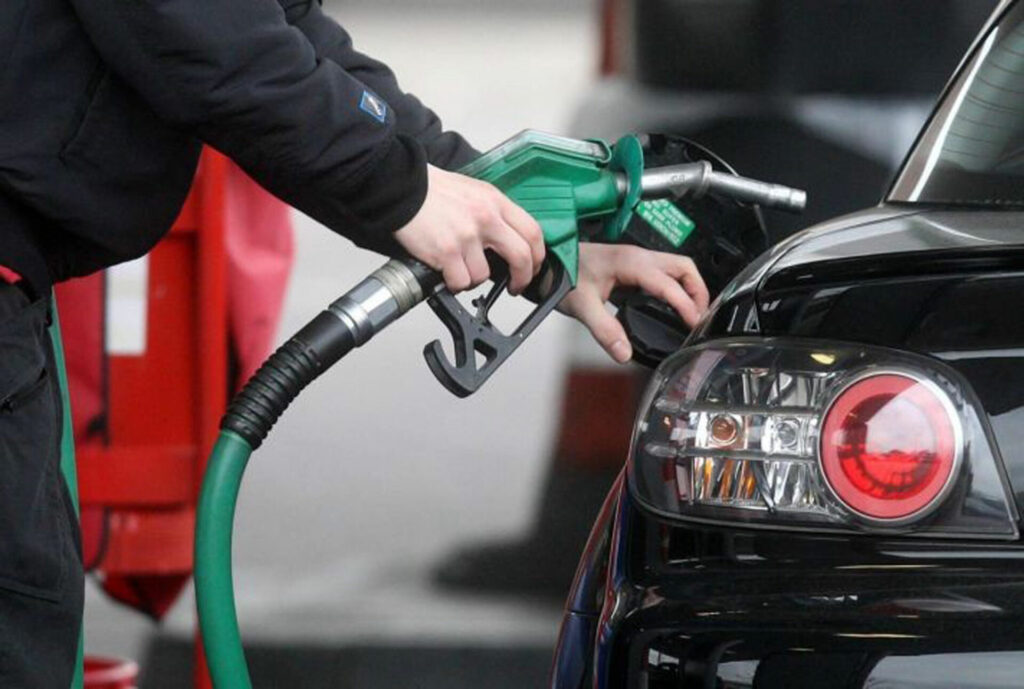Hurricane Harvey, which started as a tropical depression over the Gulf of Mexico transformed into a category 4 hurricane in just 56 hours of its arrival, dumping nearly 27 trillion gallons of water across the affected regions of Louisiana and Texas. Repercussions of this devastating natural disaster are being felt in almost all walks of life and the most recent to have taken a hit are fuel prices. Within days after the hurricane wreaking havoc in the US, fuel prices have risen by more than 10 cents per gallon.
The spate in prices is being attributed to more than a third of oil refineries in the US having been affected by the storm. The main pipeline linking the US Gulf Coast refineries to the East coast has been shut, forcing the government to rely on its strategic reserve to meet the fuel requirement for the first time in two years. This supply and demand wedge has driven up the wholesale fuel prices by 10 cents per gallon in less than a week. In areas of El Paso, Dallas, Athens, Texas, Dayton, Georgia, and Ohio, fuel prices have increased by 15 cents already.
The spike in prices is not just limited to the US since it exports fuels to other parts of the world as well. In Canada too, petroleum analysts are predicting a two to four percent rise in wholesale fuel prices. The brunt of rising fuel prices is being felt as far as the UK, which has seen wholesale petrol prices go up by 5p per liter. Diesel prices in the country haven’t been impacted, since the UK imports majority of its supplies from Russia. In wake of these developments, the Petrol Retailers Association is demanding that the impending rise in fuel duty be put off until the prices have stabilized.
For how long the prices will continue to soar depends entirely on how quickly the major refineries on the Gulf Coast spring back to business. Until that happens, the mounting fuel prices will continue to impact economies globally.
Source: Birmingham Mail




